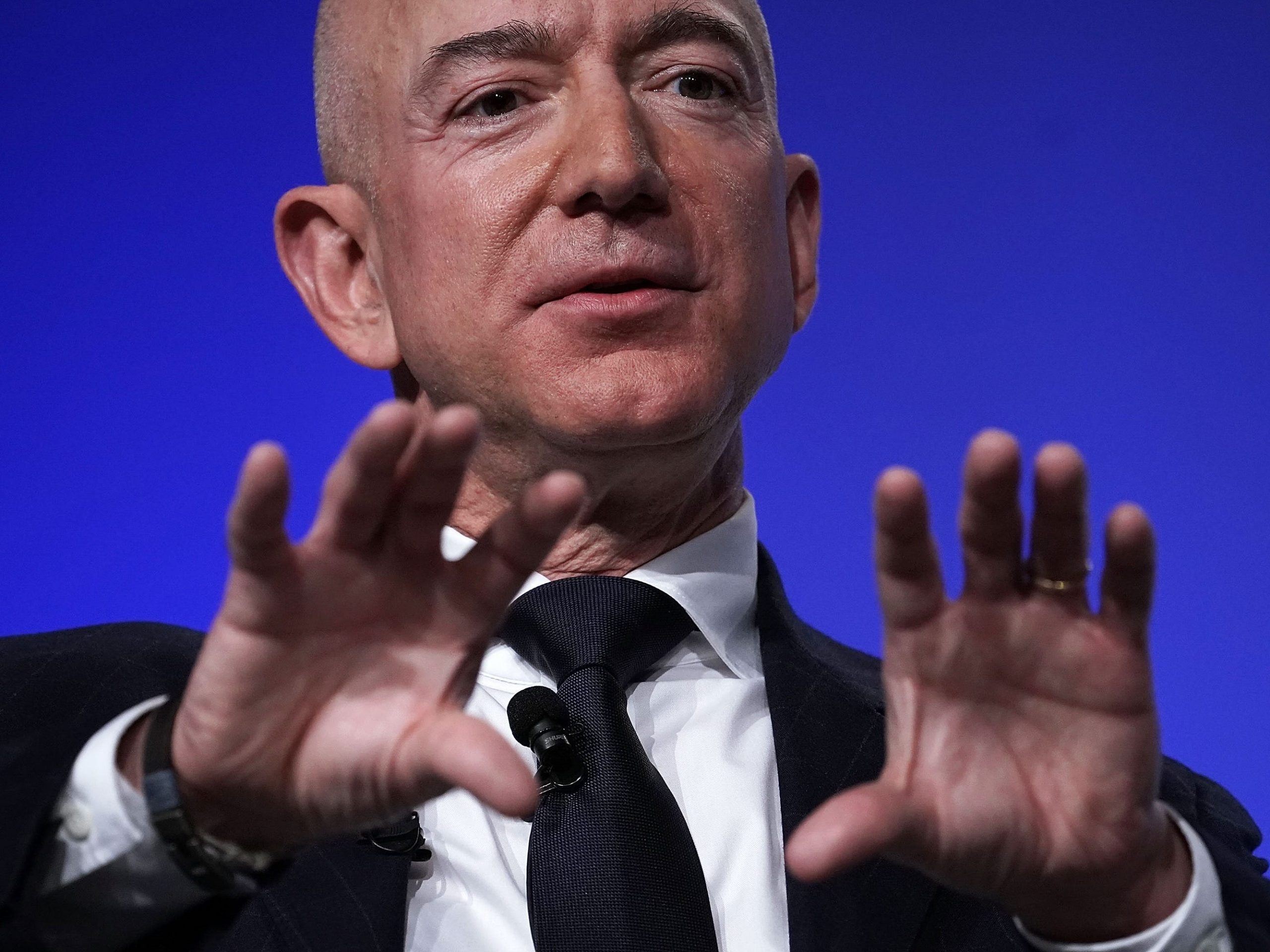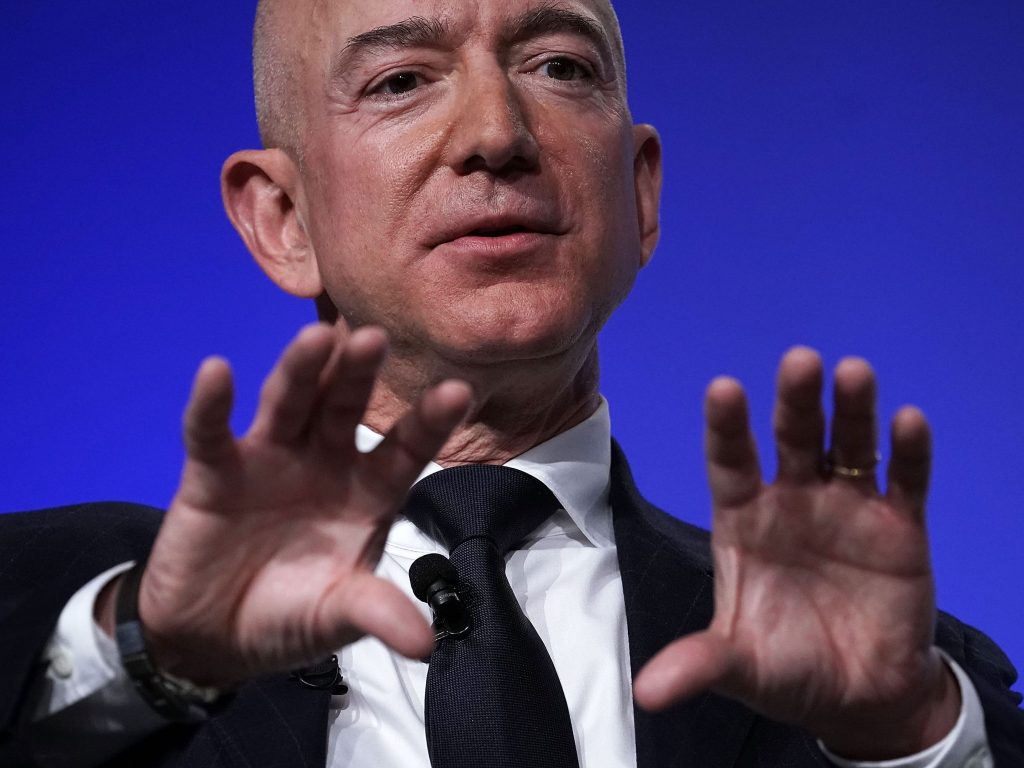
Alex Wong/Getty Images
- Amazon requires third-party sellers to not offer products at lower prices on other websites.
- Washington D.C.'s attorney general – who sued the company on Tuesday -says this is an abuse of power.
- Amazon's treatment of third-party sellers has been a focus in ongoing antitrust scrutiny.
- See more stories on Insider's business page.
Washington DC Attorney General Karl Racine said Tuesday that his office is suing Amazon, accusing the tech giant of abusing its monopoly power to control prices of goods online.
Racine said Amazon creates "an artificially high price floor across the online retail marketplace" by requiring its third-party sellers to agree not to offer their products for a lower price on other websites. Racine said Amazon harms competition and innovation with the practice.
"We filed this antitrust lawsuit to put an end to Amazon's illegal control of prices across the online retail market," Racine tweeted. "We need a fair online marketplace that expands options available to District residents and promotes competition, innovation, and choice."
-AG Karl A. Racine (@AGKarlRacine) May 25, 2021
Amazon did not immediately respond to Insider's request for comment.
Amazon's treatment of third-party sellers on its platform has taken center stage in the past year during an ongoing antitrust investigation. The company was called to defend itself at a July 2020 congressional hearing, and CEO Jeff Bezos testified that the firm does not favor its own retail products over those of third-party sellers.
Lawmakers said evidence shows Amazon used third-party data to copy popular products and sell them through its in-house brand, thereby pushing the sellers out of business.
Amazon was also hit with a lawsuit in January over what customers said was collusion with major publishing houses to drive up e-book prices.
Several customers sued the company and alleged that Amazon struck anticompetitive pricing deals in 2015 with Hachette, HarperCollins, Macmillan, Penguin Random House, and Simon & Schuster. The agreements allowed the publishers to inflate prices for e-books by up to 30%.

